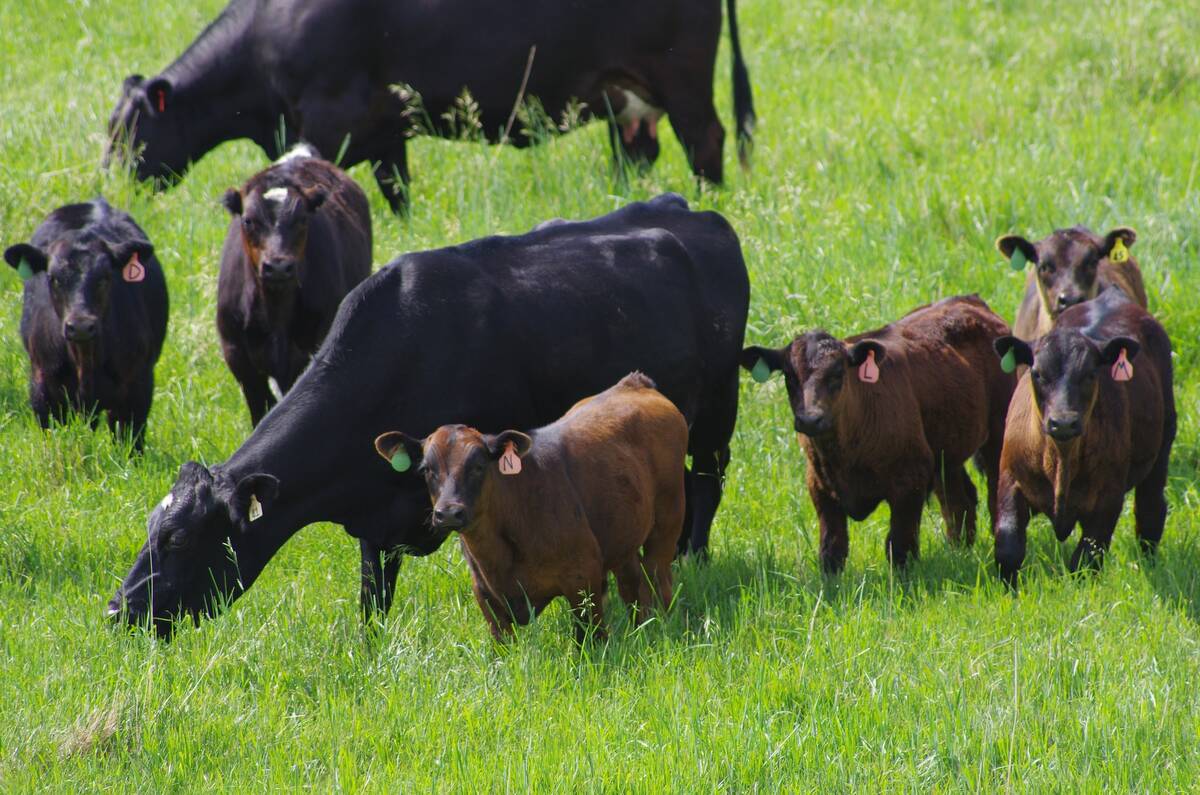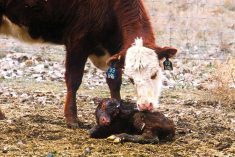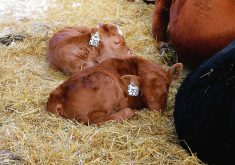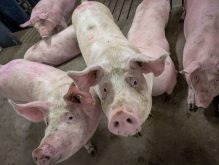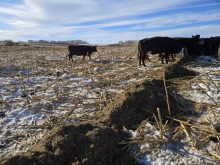The Province of Manitoba has extended their rental rate freeze on Crown land forage leases into next year’s growing season.
In an Oct. 8 release, Manitoba Agriculture Minister Ron Kostyshyn said that “continuing this rent freeze provides financial stability for producers and reflects our commitment to affordability.”
The province further noted that Manitoba currently has the lowest Agricultural Crown Land (ACL) rental rate in Western Canada at $3.66 per animal unit month.
Read Also

Horse live export ban on back burner
Animal welfare groups still hope Canada’s Parliament will ban the export of live horses for slaughter, a topic back in the news due to a recent court case in Manitoba.
WHY IT MATTERS: Rental rates have been one key issue for farmers during the back-and-forth years-long battle over Crown land system changes.
The announcement comes as a relief for Crown land users, giving them more confidence after a challenging year, said Brent Benson, a Manitoba cattle producer and spokesperson for the Manitoba Crown Land Leaseholders Association.
“From extreme weather to the uncertainty of trade markets and feed supplies, some producers struggled to keep their family ranches operational without having to make decisions that would affect their sustainability or viability,” he said.
A long tale of Crown lands
The announcement matches a similar extension granted last November. At the time, the province’s freeze was set to expire at the end of 2024. That rate (reduced 55 per cent from the established rental formula) had been set after the government changeover in fall 2023.
That in turn followed a graduated rent reduction (initially halving rents in 2023, with a schedule to ramp them up over two years, later interrupted by the 2023 provincial election) put in play by the previous government. There has also been a temporary reduction in 2020 for certain feed challenged areas.
In 2019, sweeping changes to the Crown lands system had included a new rental rate based on market price. Rents multiplied several times over as a result, contributing to producer outrage over the changes. Other issues included the loss of unit transfers, shorter lease terms and valuation of land improvements.
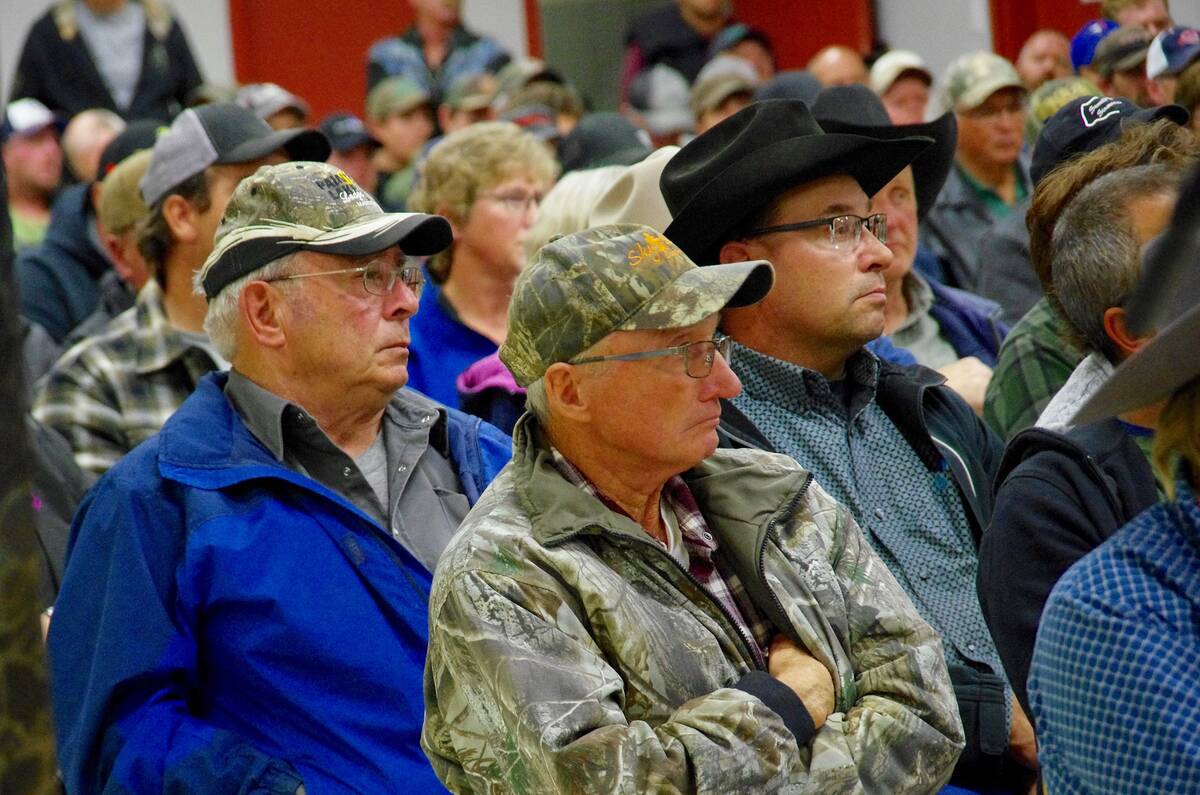
In January 2024, current Crown land regulations finalized, taking effect under the governing New Democrats but including changes introduced by the previous Progressive Conservative government. Those rolled back some effects of the regulatory changes put in place in 2019, including a new mechanism for leaseholders to nominate a new leaseholder for the remainder of a term — a mechanism most interpreted as a replacement for the unit transfer — and an option to extend their 15-year leases by five years if they submitted a forage management plan.
Crown land auctions have been cancelled for the last two years as the province says they gauge the impact the controversial changes have had over the last six years on grazing and haying leases. However, cropping lease allocations ran for four days in February.
Cattle producers in the province are hoping to reach a system of “fair and predictable” rental rates and policies that give a hand-up to young producers entering the industry, Benson noted.
Around 1,750 leaseholders take part in the Agricultural Crown Lands program in Manitoba for grazing, haying and cropping, according to the province.
Engagement process launched
The province has also launched initial public engagement on the future of the ACL program through an online survey on EngageMB. Producers can share their thoughts on lease allocation methods, limits on the total amount of time a single leaseholder is allowed to hold and renewal options for more modern leases.
These consultations are necessary to ensure the ACL program gives producers what they need, said Matthew Atkinson, president of Manitoba Beef Producers.
“We strongly encourage beef producers to make their views known during this important engagement process as it will help shape the future of the program,” Atkinson said.
Resulting feedback will inform proposed regulatory changes, along with future consultation with stakeholders, Kostyshyn said. The updates are slated to take place in 2027. The survey is open until Nov. 24.




